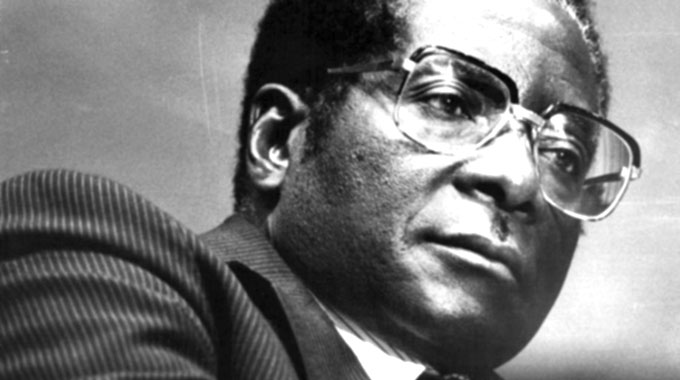Rural war damage costs $75m: Huge drive to restore amenities
Business Herald, 13 March 1980
THE cost of rebuilding the war-ravaged tribal trust lands has been conservatively estimated at $75 million, but plans to replace the damaged schools, clinics, dip tanks, boreholes, dams and roads throughout the country has already been prepared.
A decision on how the reconstruction is to be financed is expected to be among the first policy decisions of the new Government.
The cost has been assessed from reports prepared by each of the 55 district commissioners covering the country on what is required to restore facilities to their pre-war levels.
An indication of the scale of damage is given by the following facts:
At the end of January, more than 1 500 primary schools and 89 secondary schools had closed.
More than 1 000 of the 1 500 dip tanks through the country had been destroyed.
Almost all of the 250 councils providing much of the basic administration in the rural areas have come under the management of the district commissioners, to ensure that at least the structure is kept intact.
The African national herd of three million head of cattle had been cut by one million by theft, slaughter and disease brought about mainly by the destruction of dip tanks.
District commissioners have assessed the needs of each area by consulting officials of other branches of Government such as water development, health, roads and agriculture in their own areas.
LESSONS FOR TODAY
The African Union came up with an apt theme; “Silencing the Guns: Creating Conducive Conditions for Africa’s Development.” This dovetails with the civil strife that have affected the continent for more than five decades.
As usual, the ordinary people are the worst affected, and they are the biggest losers, whenever shots are fired. Infrastructure is completely destroyed and people are left not just in extreme poverty, but at the mercy of benefactors.
Just like the First Republic in 1980, the Second Republic is now seized with the reconstruction and restoration of infrastructure both in rural and urban areas. The major difference is that the destruction before 1980 was caused by war, while the past 20 years have seen the failure to upgrade infrastructure due to the illegal sanctions imposed on Zimbabwe by the United States and its allies.
The introduction of devolution in all 10 provinces will ease the burden on Government and communities. Just recently, Guruve Rural District Council used its devolution funds to build a modern laboratory at Chifamba High School to ensure science subjects are taught in the marginalised community.
But the infrastructure bill still remains very high, and funds must be secured quickly.






Comments